EStà è un centro indipendente e non profit di ricerca, formazione e consulenza che si pone come ponte tra la conoscenza scientifica, le politiche e la cittadinanza attiva.
LA NOSTRA STORIA
EStà nasce a Milano nel 2012 da un gruppo di persone con competenze diverse e complementari: politiche urbane, innovazione sociale, giornalismo, ricerca economica, metodi partecipativi, comunicazione, discipline ambientali.
Nei primi anni si specializza nel campo dello sviluppo sostenibile territoriale. Nel 2014 ha coordinato il lavoro di ricerca da cui nasce la Food Policy di Milano e diventa, di fatto, il primo centro di competenze in Italia sui sistemi alimentari urbani. Tema su cui è riconosciuta come il soggetto che ha definito il metodo di strutturazione delle politiche alimentari urbane in Italia.
Oggi EStà da una parte fornisce evidenze scientifiche agli ambienti di policy, dall’altra racconta la complessità in modo accessibile anche a chi non è addetto ai lavori. Per questi motivi e molti altri è un’organizzazione che vanta collaborazioni a livello nazionale, europeo e internazionale ed è riconosciuta per la qualità del proprio approccio sistemico, capace di produrre analisi integrate e connettere attori che agiscono a diversa scala per promuovere la sostenibilità.

TEAM
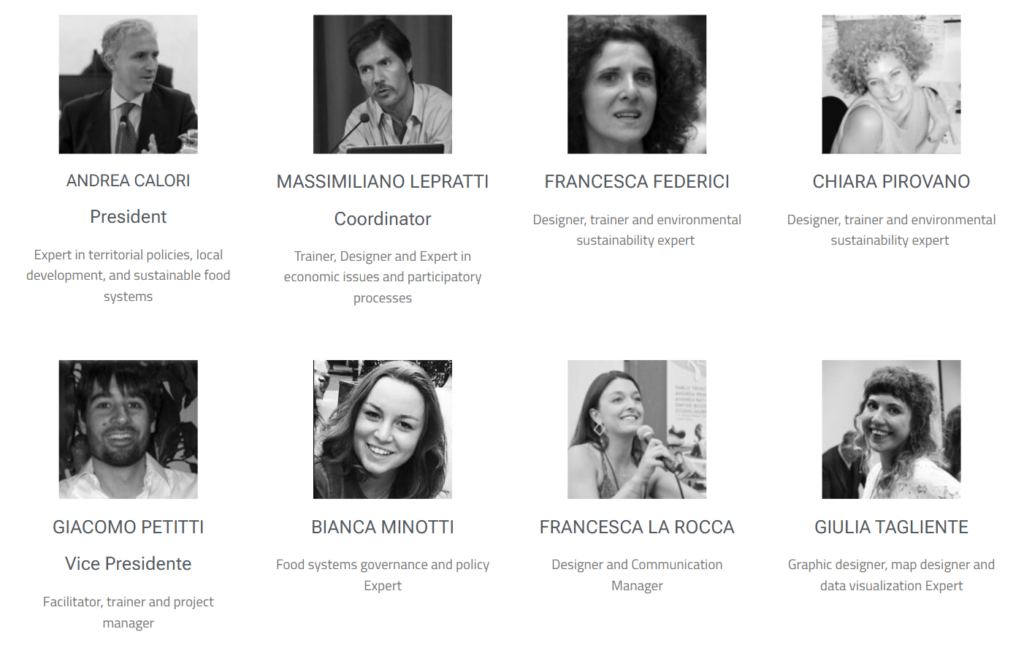
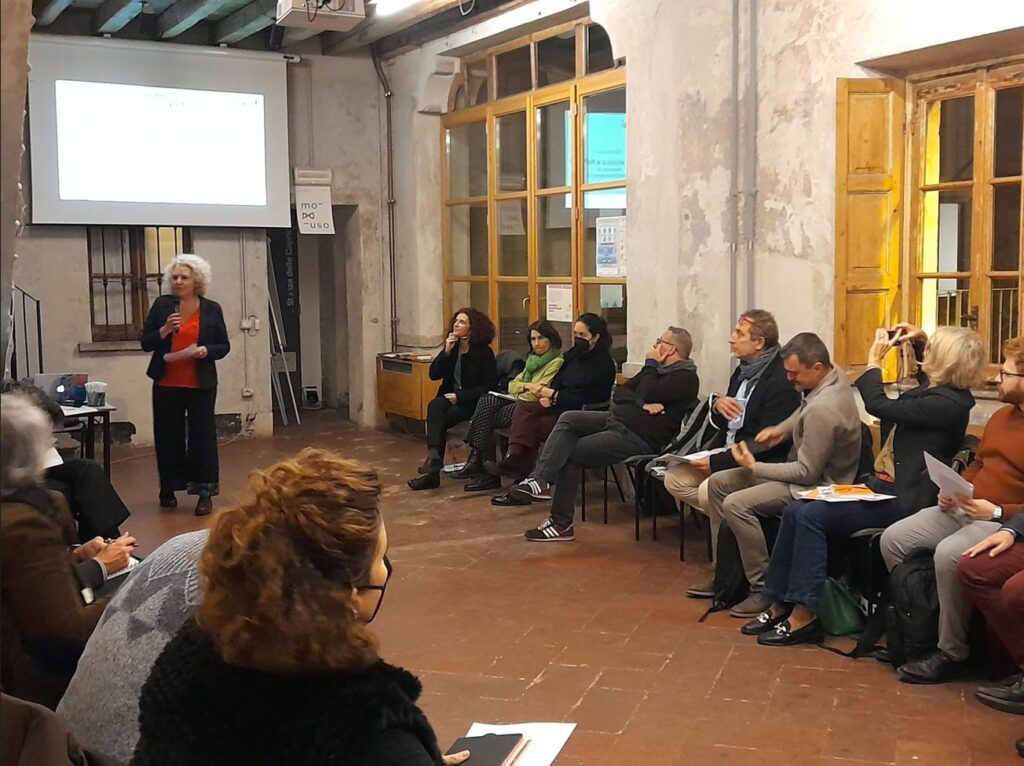
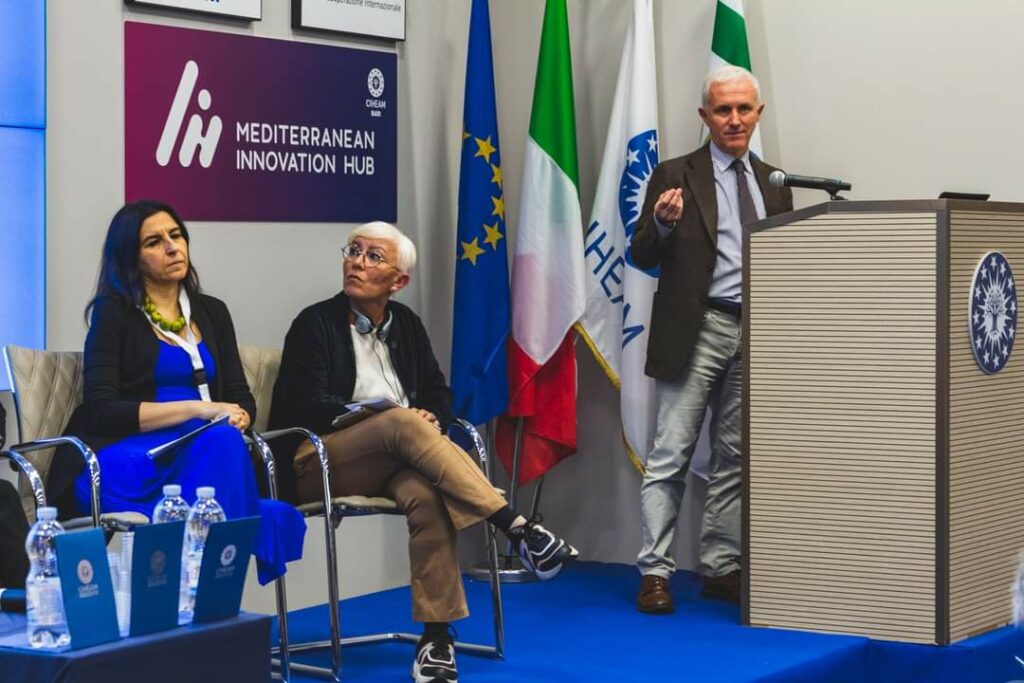
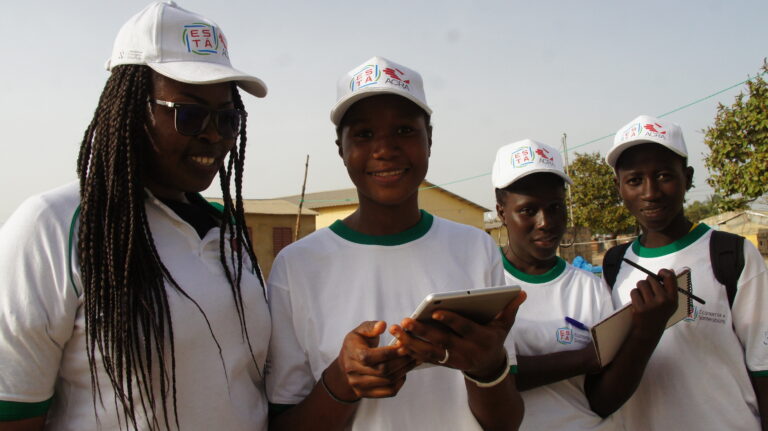
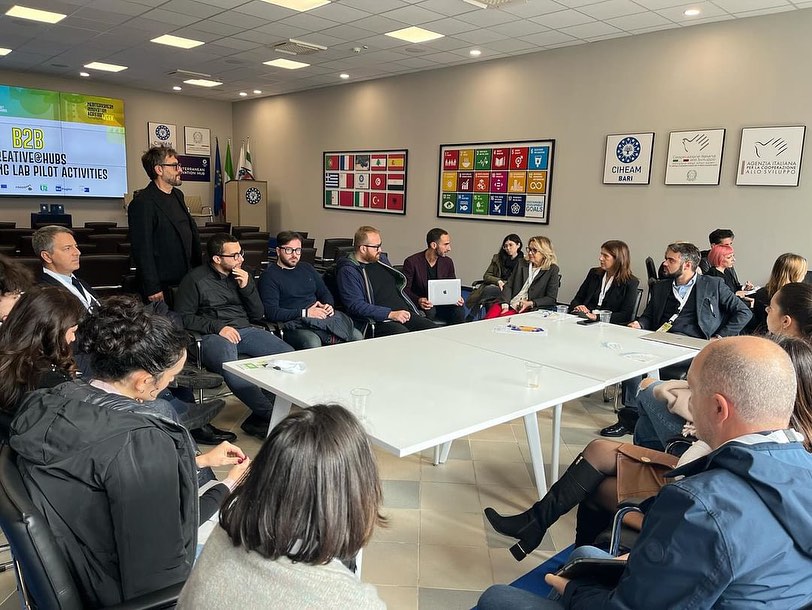
Partner
La multidisciplinarità che applichiamo al nostro metodo scientifico è riflessa anche nella varietà di soggetti con cui ci interfacciamo e lavoriamo: enti locali, fondazioni, centri di ricerca e università, associazioni, sindacati, aziende pubbliche e private.
Tra questi soggetti si citano i seguenti:
|
|
Negli anni EStà ha lavorato con oltre cento partner, molto diversi per tipologia e dimensioni. Enti locali metropolitani come i Comuni di Milano e Torino, ma anche medi come i Comuni di Cremona e Mantova oppure più piccoli come Cassina de’ Pecchi. Università e centri di ricerca vicini, come la Bicocca di Milano o lontani come la John Hopkins University di Baltimora, l’università di Brasilia, l’INRA francese. E ancora grandi istituzioni come la FAO, sindacati regionali come la FIOM CGIL Lombardia, ma anche storiche ONG e piccole realtà associative.
Una varietà di soggetti, di luoghi e di tematiche che esprime fedelmente l’approccio di EStà.
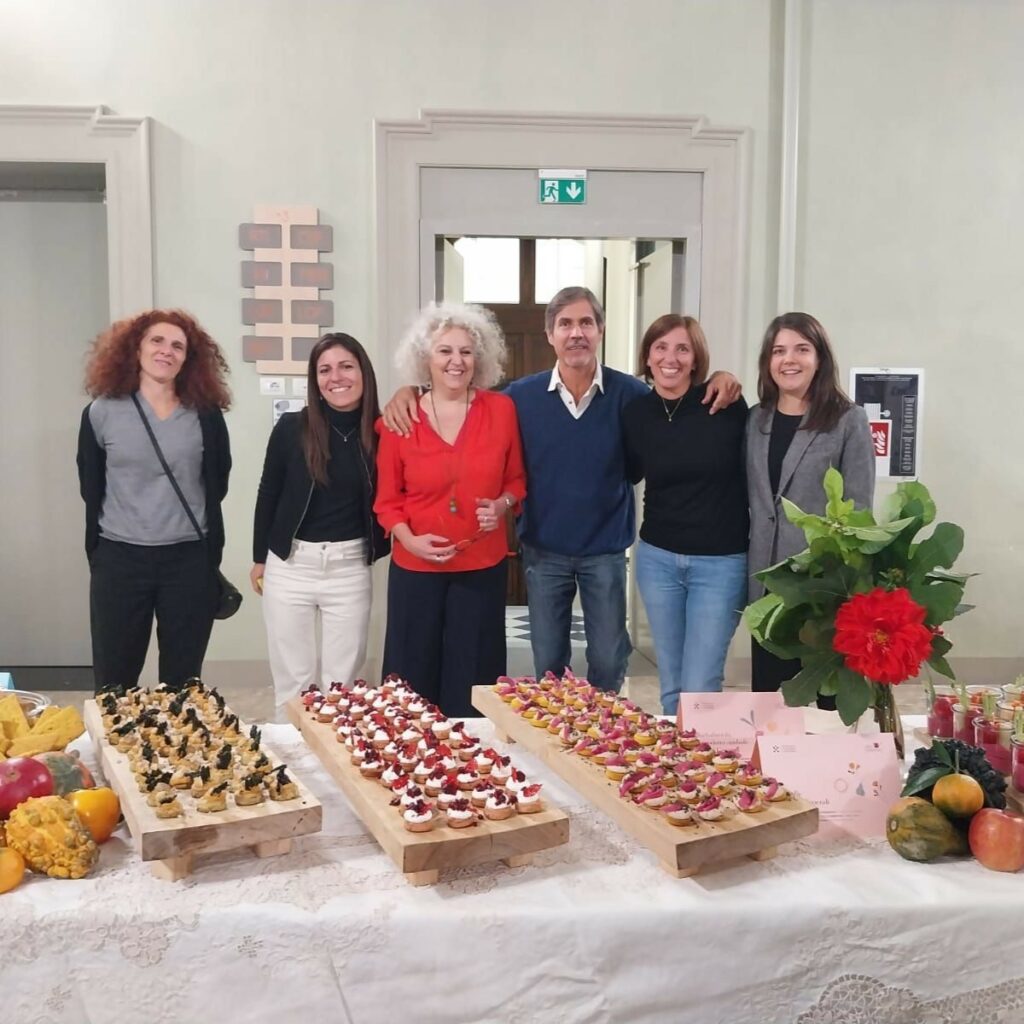
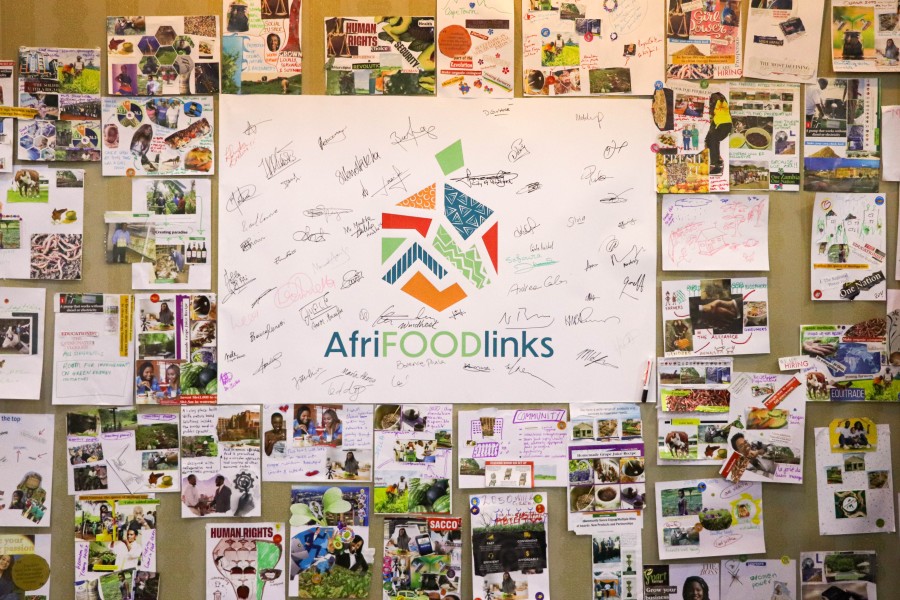
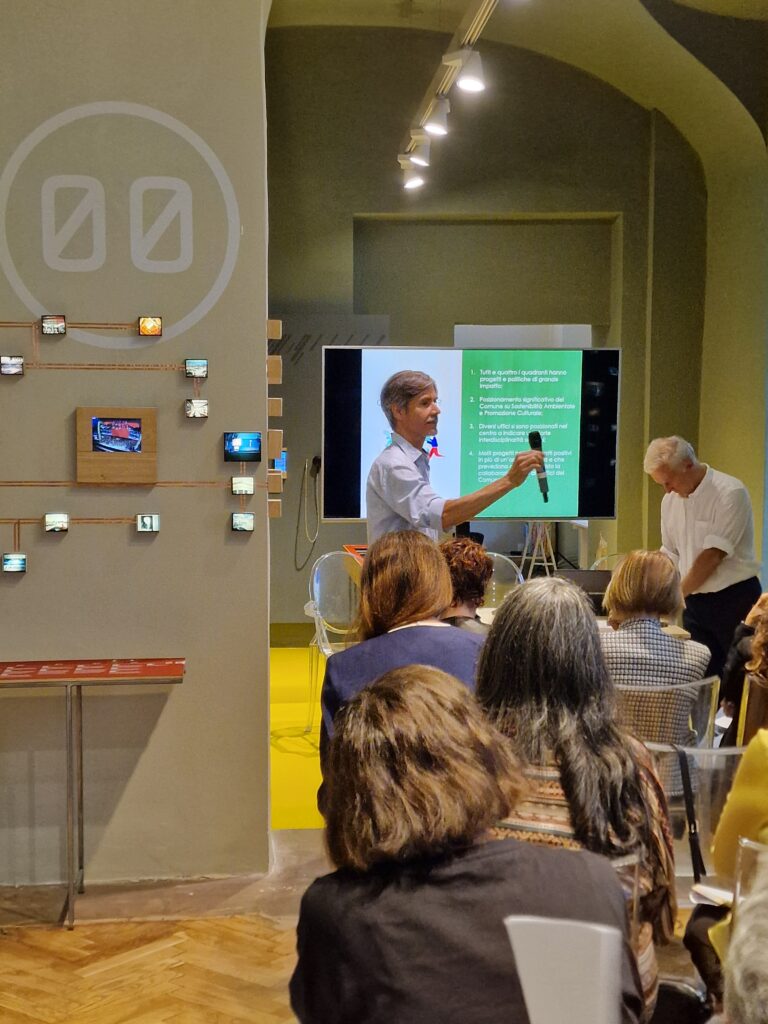
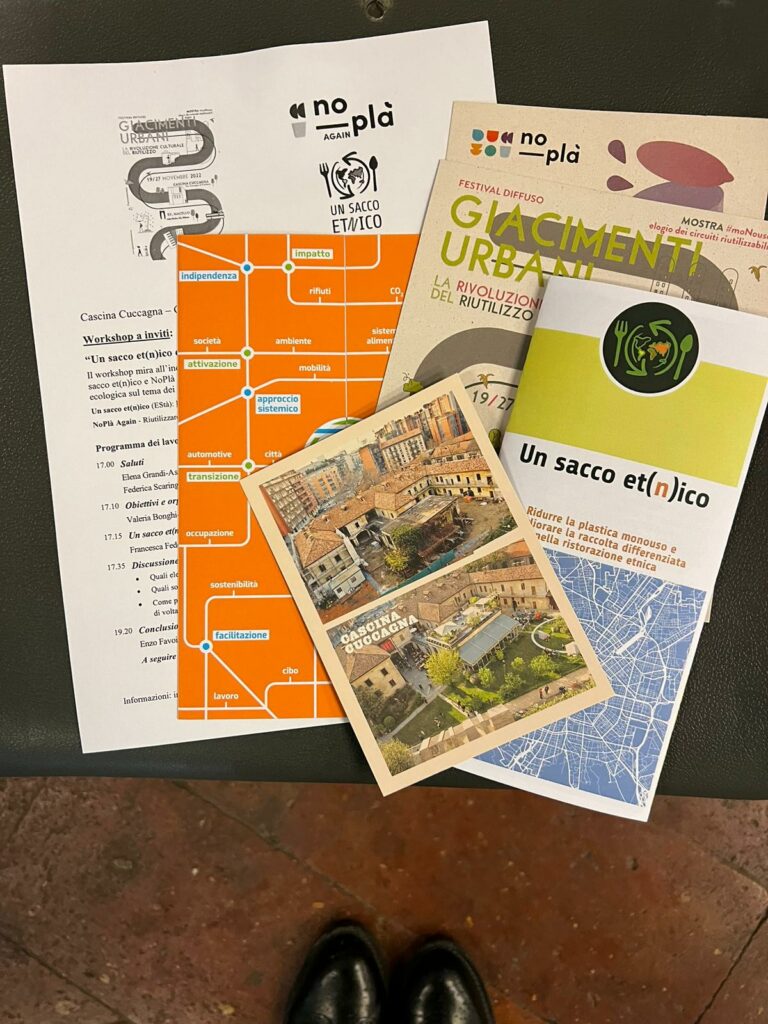
valori
Indipendenza
poter scegliere e pensare liberi da qualunque vincolo è per noi una condizione indispensabile per ottenere risultati eccellenti
Trasparenza
ci atteniamo al principio di trasparenza in tutte le nostre attività e rendiamo pubblici i nostri dati di bilancio
Accessibilità
crediamo che i processi innovativi, per essere efficaci, debbano essere condivisi e resi accessibili agli attori coinvolti
Partecipazione
crediamo nell’importanza dell’agire responsabile delle persone che assicuri un costante collegamento tra cittadini e istituzioni
Responsabilità
siamo consapevoli dell’impatto delle nostre azioni sul cambiamento della società e per questo le valutiamo con serietà
Collaborazione
crediamo che lavorare in sinergia con altre organizzazioni e enti, anche di altri settori, sia una condotta imprescindibile
